![]() When Zoho introduced their first Web application a year and a half ago, they were little known, and nobody cared about their business model. But then something unusual happened: they kept on pumping out new applications every few weeks or so, and soon became the #2 (or by some count #1) force in the Web application space. While some of their competitors went out of business, others got acquired, others charge for their offering, Zoho continues to offer their services for free. Needless to say the business model comes up a lot more often nowadays.
When Zoho introduced their first Web application a year and a half ago, they were little known, and nobody cared about their business model. But then something unusual happened: they kept on pumping out new applications every few weeks or so, and soon became the #2 (or by some count #1) force in the Web application space. While some of their competitors went out of business, others got acquired, others charge for their offering, Zoho continues to offer their services for free. Needless to say the business model comes up a lot more often nowadays.
Zoho CEO Sridhar Vembu made it clear he is in for a Marathon, not a sprint, and he knows what he’s talking about: in the past decade he has already built a solid, profitable company, Adventnet, whose financial stability allows him to play in the SaaS market. He pledged to always offer most of his products free to individuals, yet he hinted there would be a revenue-generating business version of Zoho Services some day. But his priority was to build a solid set of services first, without having to rush to revenue. Until recently the emphasis was on perfecting the individual products (15 of them), and in the past few months Zoho started to focus on integrating them. Zoho Notebook, although in “individual” product, was a major milestone as it tightly integrated several other offerings: document editing, presentations, spreadsheets, communication, collaboration. The recently announced Zoho Start page was the first step in pulling several existing products together in a home base.
As a next logical step, this morning at the Office 2.0 Conference Zoho Business Edition will be introduced. The next two slides will help understand the segmentation between Zoho Personal and Business editions.
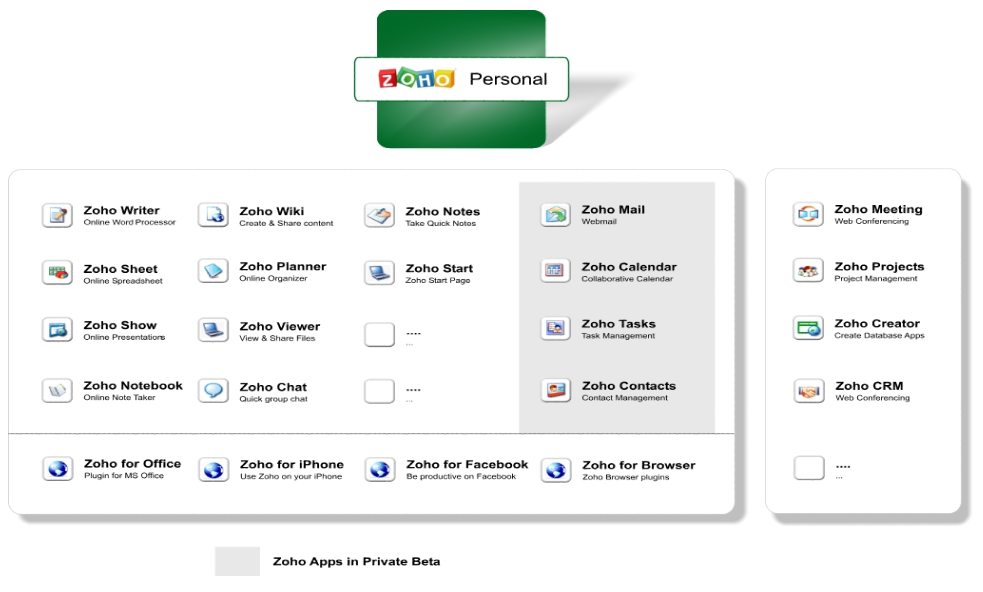
Personal is essentially the already existing set of services, with a few (those with gray background) additional ones still in private beta: Mail, Calendar, Tasks, Contacts. It’s interesting to note that these “new” services have already been on the Zoho palette for quite a while, but they were offered as part of Zoho Virtual Office, a downloadable Outlook-like product – they are now being rearchitected as a Web service. All of these services are, and continue to be offered free. The services in the right box, Meeting, Projects, Creator and CRM also have a free level, but they will have a premium, for-free version as well.
The next slide shows Zoho Business, essentially the same as Personal, with an added infrastructure layer added to manage ones domains, locations, users, groups, and also offering multiple levels of security, backup and enhanced support. Zoho Business is currently in private beta.
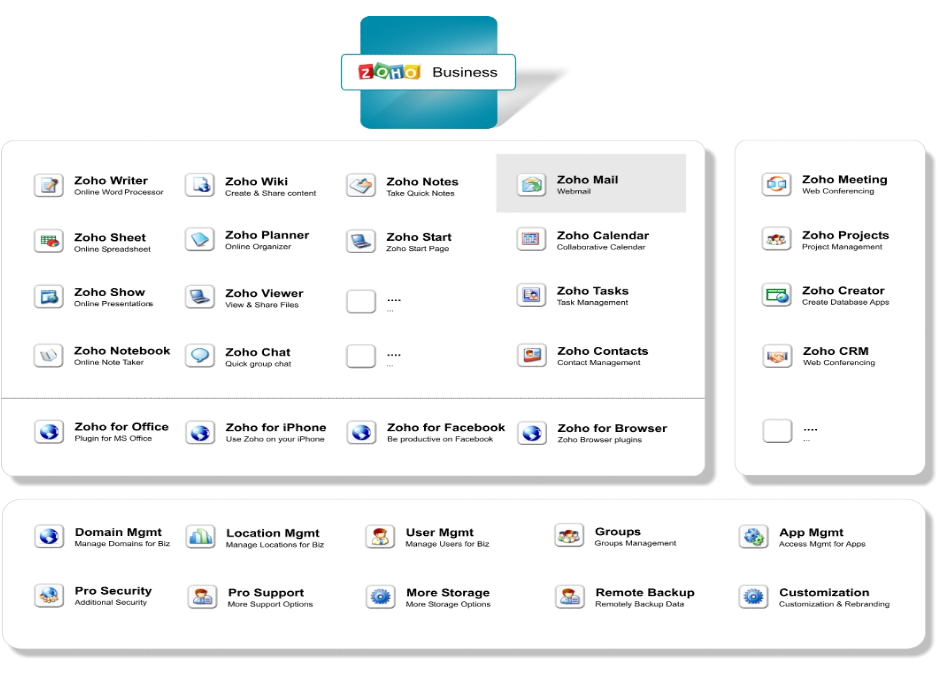
Despite recent speculation, this is not Zoho’s entrance to the Enterprise market.
Zoho Business is primarily meant for the SMB / SME segment (small businesses). That is not to say that the core Zoho applications would not be “enterprise ready” (they have large corporate accounts in Japan), but it’s not what they focus on for now. Anyone who follows Zoho will know that they are obsessed with cutting out fat: it’s a lean, efficient operation. The last thing Sridhar wants is to hire an expensive sales force, which is still the way to enter the Enterprise. Case in point: mighty Google themselves- I’ve shared my impressions of a Google Enterprise presentation, where I felt I was teleported to an Oracle or IBM Sales Show from the 90’s. Let them be the evangelists, and wait for the currently SMB services emerge in the Enterprise.
(Disclosure: I am an Advisor to Zoho)
Related posts: Between the Lines, /Message, Web Strategy, Centernetworks, Mashable, Read/WriteWeb, Zoho Blogs, TechCrunch, VentureBeat, Webware.com,


 OK, so I bit the bullet: after
OK, so I bit the bullet: after  the two other USB ports on the side of the display).
the two other USB ports on the side of the display).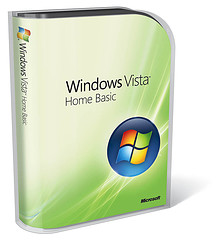 I will spare you the details of my two-day struggle with Vista, the fight with the idiotic permission-scheme, (can’t delete my own stuff), the incompatibilities, the fact that there’s less and less information to be found, other than from users – hey, even the User Manuals link points to nowhere… enough said already. After two days, I can use the system (the screen is beautiful) but I’m far from done.
I will spare you the details of my two-day struggle with Vista, the fight with the idiotic permission-scheme, (can’t delete my own stuff), the incompatibilities, the fact that there’s less and less information to be found, other than from users – hey, even the User Manuals link points to nowhere… enough said already. After two days, I can use the system (the screen is beautiful) but I’m far from done.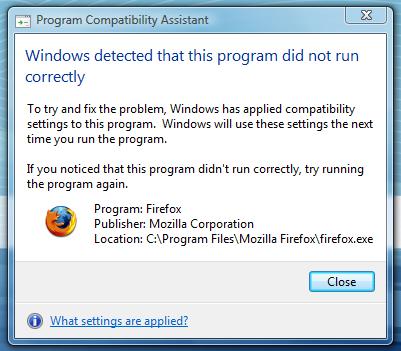
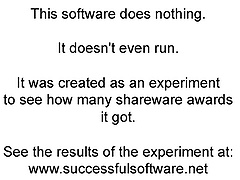 This is just hilarious:
This is just hilarious: 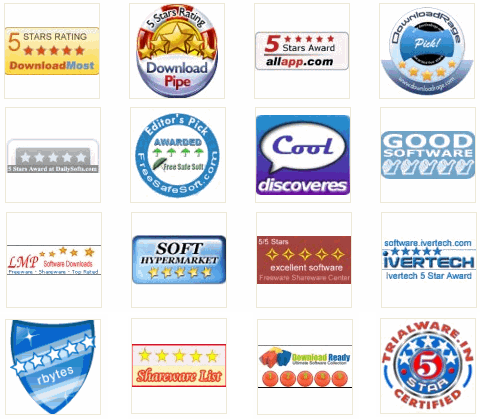




Recent Comments